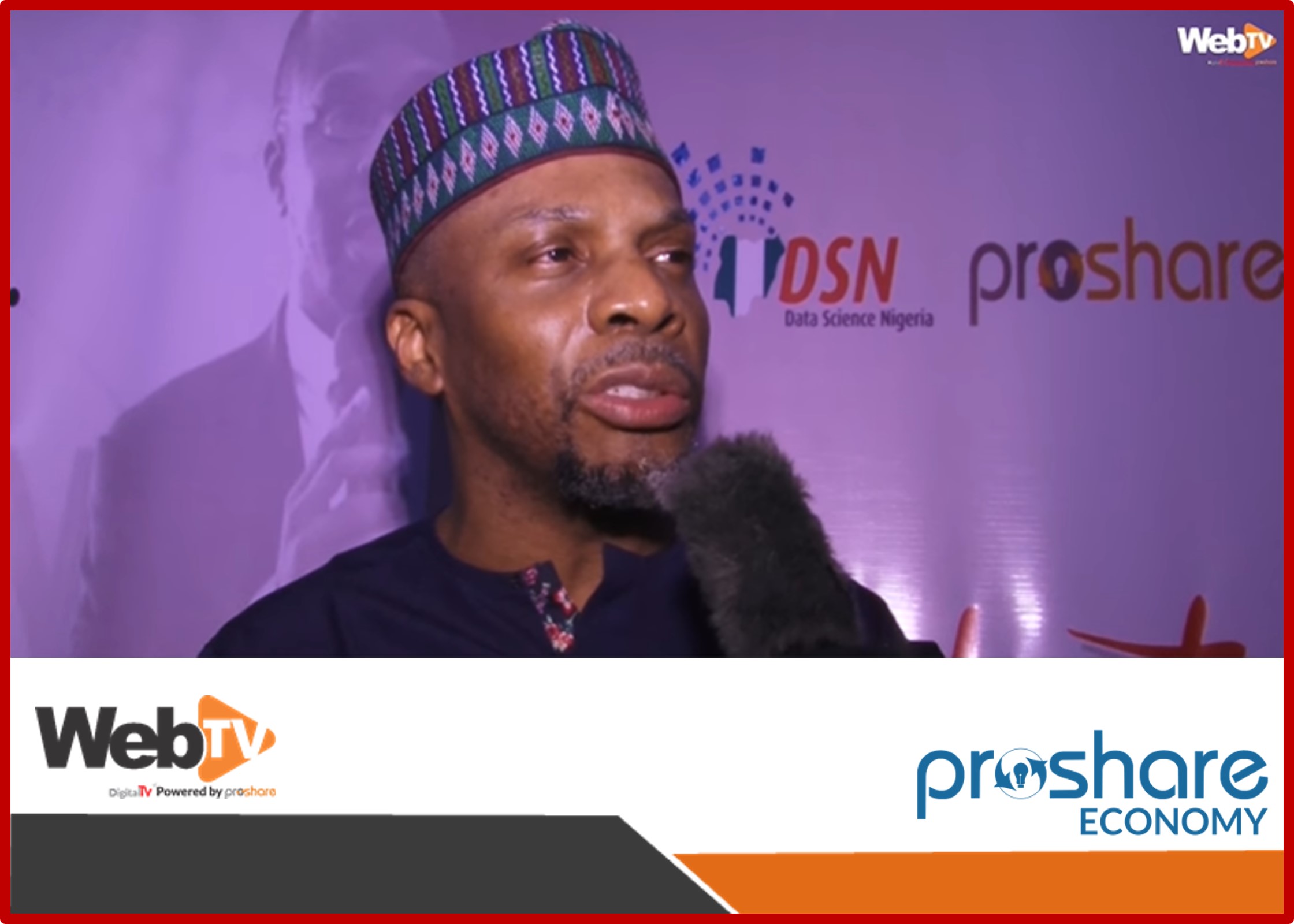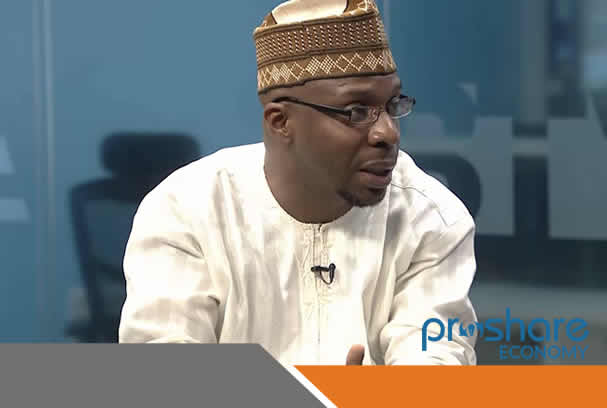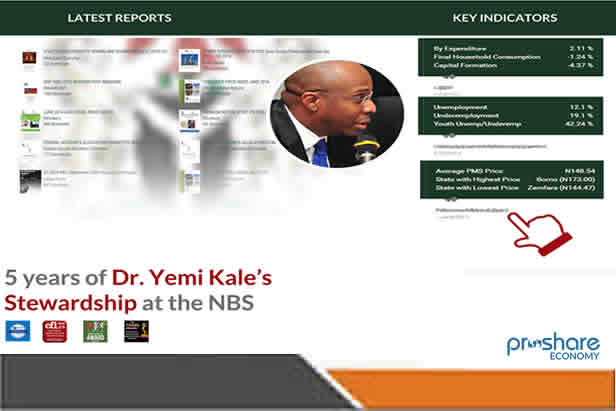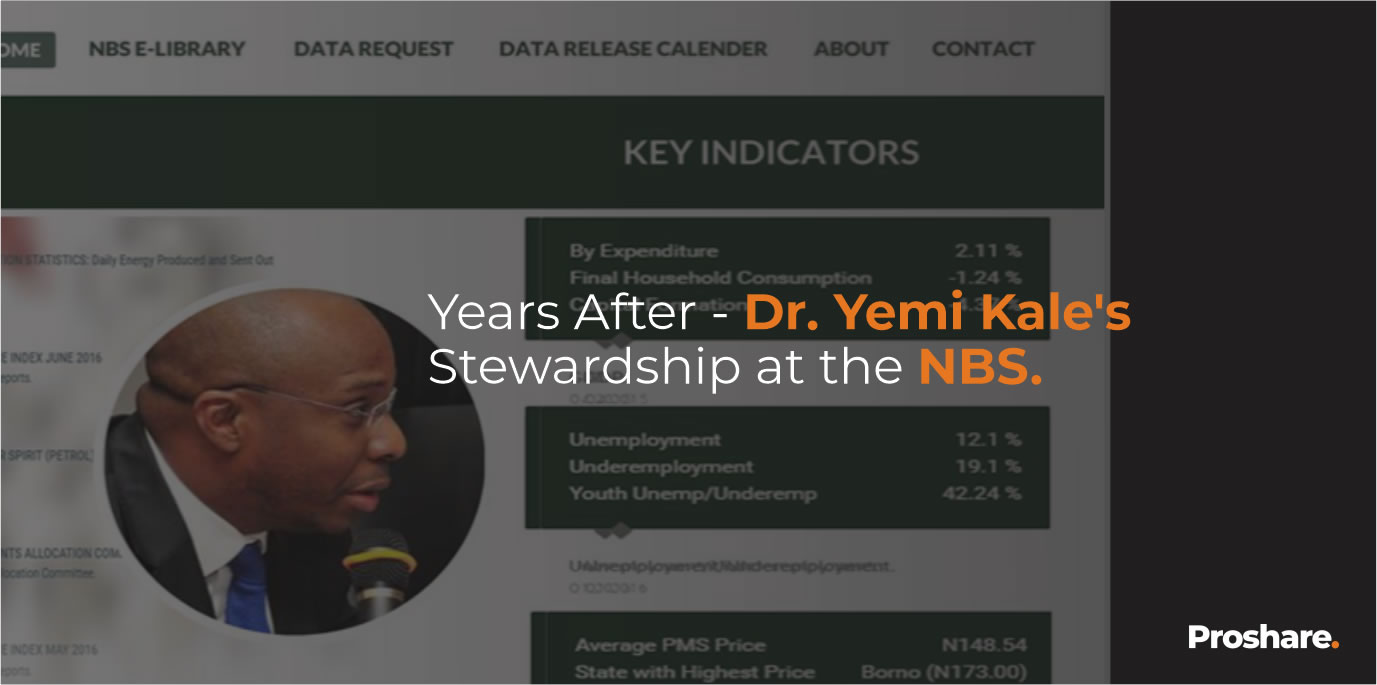Opinion of Dr. Yemi Kale, Partner, Chief Economist & Head Research KPMG NG; and Former Statistician General/CEO of the Nigerian Bureau of Statistics.
I am estimating a reduction in Q1 2023 nominal GDP by between N10-15 trillion due to challenges sourcing cash in Q1 2023
This is because about 40% of Nigeria’s N198tn GDP in 2022 is informal of which about 90% is cash based. Further 30% of formal sector GDP is cash based. This means N106.9tn of total GDP is cash based.
Of the forty-six (46) economic activities, agriculture, some manufacturing activities (especially food and beverage, textiles, apparels), trade, arts entertainment and recreation, accommodation and food services, road and water transport and other services expected to be the most affected.
There is nothing new or wrong about currency redesign or cashless policy if done for the right reasons and at the right time. But every policy will have pros and cons, and will benefit some but not others. There is no policy that won’t affect someone negatively. Or that won’t have costs.
The idea is to do a cost benefit analysis looking at the overall impact of any policy and how and when it is to be implemented, across the economy and not just in one or a few areas and deciding if overall, the benefits outweigh costs. If yes then the costs are acceptable.
Then a policy maker can or should introduce palliatives to make the costs bearable to those that will be negatively affected by its implementation.
If result of analysis is the implementation of the policy and it’s implementation will be more detrimental to the entire system than beneficial even if it benefits a particular area or sector then it clearly isn’t a good idea to go ahead.
Inflation though might slow down not because of an increase in output of goods and services above available cash to spend but because of lack of cash to chase more of less same amount of goods. The CPI is about 50% food of which several are perishable in the absence of storage.
Assuming there is a decline in inflation rate which I anticipate (though marginal) when NBS publishes their inflation report, we can then compare if the gains in inflation in Q1 2023 outweighs the expected decline in GDP and possibly other macro & socio-economic variables.
Recall employment is also tied to GDP growth- a slow down in growth will have a negative impact on employment. On the other hand, both a reduction in inflation & growth in GDP can improve poverty rates. So, it will be interesting to see which dominates re overall economic wellbeing.
About the Author
Dr Yemi Kale is a Partner, Chief Economist & Head Research at KPMG NG. He was the Statistician General/CEO of Nigeria Bureau of Statistics from August 2011 to August 2021. He can be reached via his handle @sgyemikale on twitter.
Follow @proshare @EcopoliticsNG and @TheAnalystNG
 Lagos, NG • GMT +1
Lagos, NG • GMT +1











 466 views
466 views































 Sponsored Ad
Sponsored Ad
 Advertise with Us
Advertise with Us









